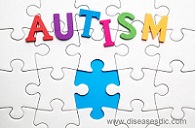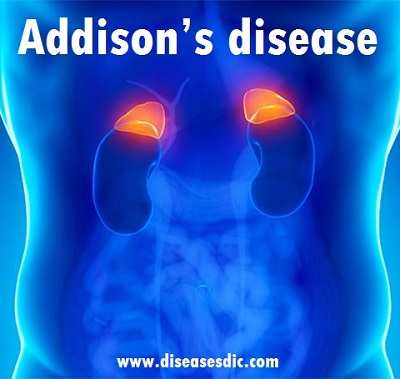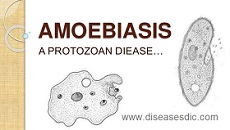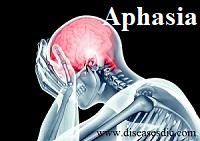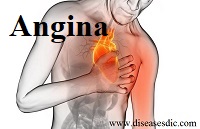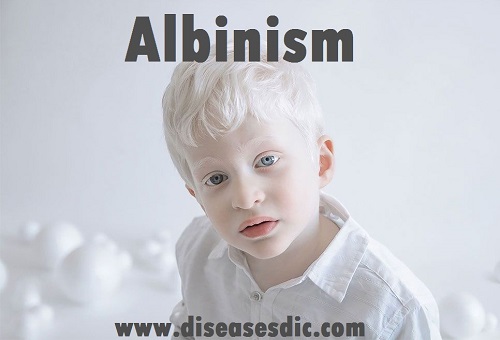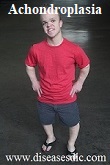Definition Autism, or autism spectrum disorder (ASD), refers to a range of conditions characterized by challenges with social skills, repetitive behaviors, speech and nonverbal communication, as well as by unique strengths and differences. We now know that there is not one autism but many types, caused by different combinations of …
Read More »Addison’s Disease – Causes, Prevention, and Treatment.
Definition Addison’s disease occurs when the adrenal cortex is damaged, and the adrenal glands don’t produce enough of the steroid hormones cortisol and aldosterone. The adrenal glands are triangular in shape, roughly up to three inches (7.6 cm) by one inch (2.5 cm) in size, and one gland sits on …
Read More »Amoebiasis – Definition, Manifestations and Treatment.
Definition Amoebiasis is a condition in which your gut (intestines) becomes infected with the parasite E. histolytica. Entamoebae are a group of single-celled parasites (living things that live in, or on, other living organisms) that can infect both humans and some animals. There are at least six species of entamoeba …
Read More »Aphasia – Causes, Symptoms, Complications, and Treatment
Definition Aphasia is a communication disorder that occurs due to brain damage in one or more areas that control language. It can interfere with your verbal communication, written communication, or both. It can cause problems with your ability to: Read Write Speak Understand speech Listen According to the National Aphasia …
Read More »Angina – Treatment, Risk Factors, and Symptoms.
Definition Angina is chest pain, discomfort, or tightness that occurs when an area of the heart muscle receives decreased blood oxygen supply. It is not a disease itself, but rather a likely symptom of coronary artery disease, the most common type of heart disease. The lack of oxygen-rich blood to …
Read More »Albinism: causes, symptoms, treatment and prevention
Definition Albinism includes a group of inherited disorders that are characterized by little or no production of the pigment melanin. The type and amount of melanin your body produces determines the color of your skin, hair and eyes. Most people with albinism are sensitive to sun exposure and are at …
Read More »Agnosia – Causes, Complications, and Treatment.
Definition Agnosia is a rare neurological disorder which causes the loss of ability to recognize any familiar person, object and sounds or the ability to comprehend the meaning of any object or difficulty in processing sensory information, such as touch, sound, and light even in the presence of intact senses. …
Read More »Achondroplasia: Symptoms, Causes and treatment
Definition Achondroplasia is a bone growth disorder that causes disproportionate dwarfism. Dwarfism is defined as a condition of short stature as an adult. People with achondroplasia are short in stature with a normal-sized torso and short limbs. It’s the most common type of disproportionate dwarfism. History of Achondroplasia Achondroplasia was …
Read More » Diseases Treatments Dictionary This is complete solution to read all diseases treatments Which covers Prevention, Causes, Symptoms, Medical Terms, Drugs, Prescription, Natural Remedies with cures and Treatments. Most of the common diseases were listed in names, split with categories.
Diseases Treatments Dictionary This is complete solution to read all diseases treatments Which covers Prevention, Causes, Symptoms, Medical Terms, Drugs, Prescription, Natural Remedies with cures and Treatments. Most of the common diseases were listed in names, split with categories.
